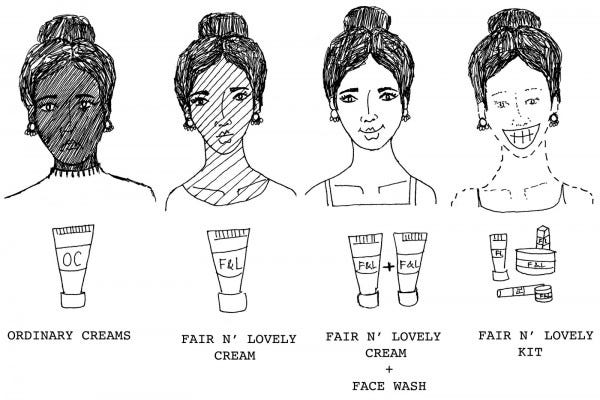An example of comedy that can be argued doesn’t matter to society despite being hilarious is "Happy Gilmore". The movie is about a ‘wana be’ hockey player who is actually an amazing golfer but hates golf. He quickly discovers that golf- even though he loathes it- can make him money. Not money for him, but money for his grandmother who had a foreclosure on her house. The strange sports story falls into both the farce and romantic comedy categories. The movie follows Happy’s' adventure as he begins his non-traditional golf journey, falling in love, and winning a golf tournament to buy back his grandmother's house.
Mostly just a hilarious montage of Happy being himself: a blunt, yelling, swearing, and rebelling on the green the movie fits the mould of a farce. Towards the end, the conflict between the main character, Happy, and his top prestigious competitor, Shooter McGavin ends with Happy winning the tournament, being able to get the house for his grandma, and his crush that he has been begging throughout the film to go out with him generating a perfect romantic comedy ending with the coupling of the well-matched pair and a win.
As funny as the movie is, one can argue how it contributes very little to our understanding of the world. I understand that it is a golf movie, that teaches absolutely nothing about golf but that's because there is a bigger picture than that. Happy Gilmore is teaching the audience about growing as a person and taking responsibility. He is showing you can still be yourself in a room of people who are polar opposites and you will still be valued and shine, more so, it shows how family love is important. But Happy’s actual golf skills are not helpful to the majority of the population as a way to understand the world or the sport.
But when thinking of comedy do people gain any more than a laugh from the content because of the singularity of the characters' experiences? I would argue yes, because even other funny movies are often meant to teach people life lessons about the real world because they make a difficult situation funny and relatable, therefore, achievable for everyone. So maybe for some people, seeing Happy Gilmore use a hockey stick as a putter can be meaningful and inspiring.
Art is defined as the expression or application of human creative skill and imagination, typically in a visual form such as painting or sculpture, producing works to be appreciated primarily for their beauty or emotional power. Comedy fits that definition. Comedy is defined as the professional entertainment consisting of jokes and satirical sketches, intended to make an audience laugh. If poetry and wordplay are considered real art than comedy is, because it requires a creative and artistic mind to write the funny stuff that makes us feel good and think in a unique way.


